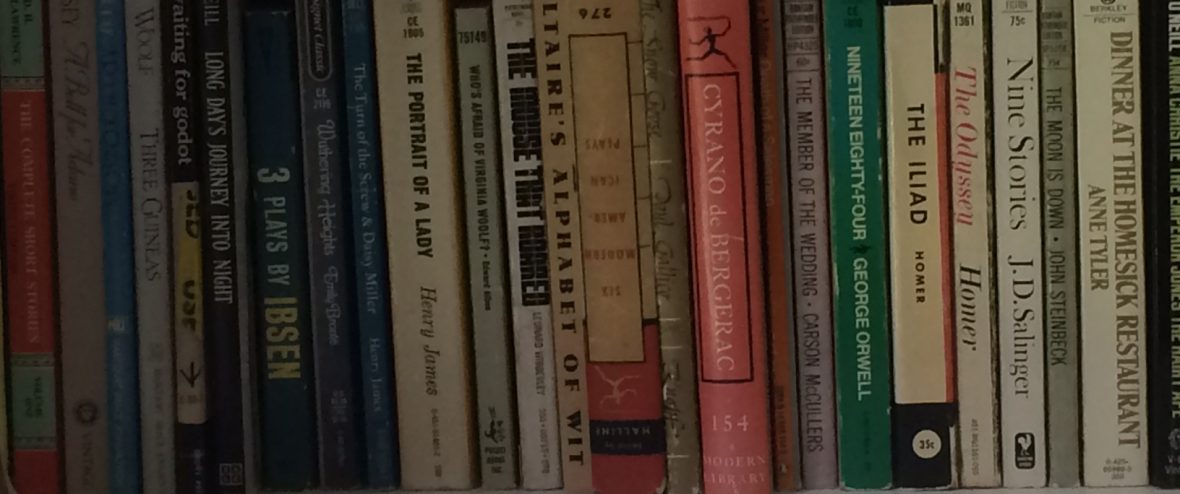Inspired by the life of Martha Ballard, a well‑known midwife from the 1700s, this book gives a close look at a world where women had to live very carefully. They worked hard at home, supported their husbands, raised their children, and went to church. Anything outside those roles was risky. A woman’s word was rarely trusted. She could only speak in court if her husband stood beside her. Even years of hands‑on experience meant less than a man’s formal education. And if a woman became pregnant outside of marriage, she carried all the blame and shame.
In this setting, Martha Ballard is asked to examine the body of a man pulled from the river. With no doctor in town, her experience as a midwife made her the closest thing to a medical expert. The dead man was a well‑known citizen who had recently been accused of a violent rape. One of the other accused men—the town magistrate—decides that a newly arrived doctor should give the official opinion instead. This doctor immediately contradicts Martha’s conclusion that the man was murdered.
Against this backdrop, we see Martha support and protect women through her work as a midwife, pushing back against male arrogance and sexism. We also see her try to raise her children, especially her sons, to be good and responsible people. Her husband loved her and even taught her to read and write, which gave her opportunities most women of the time did not have.
Some of the conversations between the Ballards, and between groups of women, felt more modern than I expected, which made me wonder how much creative license the author used. Still, the story was interesting and worth reading. I do prefer her other book, The Wife, The Maid, and The Mistress. That was really good.

You must be logged in to post a comment.